Gingko Biloba is so misunderstood. You think you know what it does but do you really? The name ginkgo just seems to roll off your tongue. Do not let it fool you. It is a great supplement. There are many benefits of Ginkgo Biloba, but it is not for everyone.
Benefits of Ginkgo Biloba
The list of positive results for Ginkgo Biloba is long and lengthy. It works as an aid for our anti-aging activities.
- Increases blood circulation to your body including the brain, eyes, ears, and legs
- Contains antioxidants
- Fights inflammation
- Helps with heart health
- Reduces dementia symptoms
- Improves brain function
- Reduces anxiety
- Treats depression
- Supports eye health
- Treats headaches including migraines
- Helps to fight COPD
- Reduces PMS
Warning: It May Interfere With Prescribed Medications
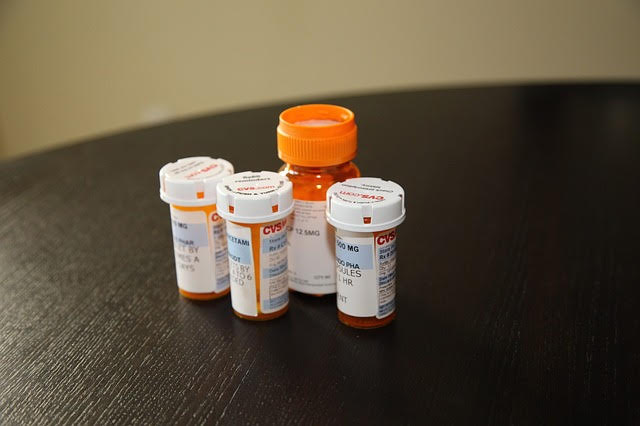
Ginkgo Biloba is a supplement that has so many uses. It appears that it is just a great supplement for whatever ails you. Well, perhaps not for everything. There are certain medications that you must be concerned about. Ibuprofen is one that Ginkgo Biloba will interfere with.
Both substances slow blood clotting. By taking both, you may be taking too much of a substance that does the same thing.
Warfarin (Coumadin) also slows the clotting of your blood. Therefore it may not be advisable to take Ginkgo Biloba with some prescribed and not prescribed medications. Make sure to inform your medical provider that you take ginkgo. Your doctor may advise you to stop the supplement when you are on some prescribed medications.
According to WebMD Ginkgo Biloba can possibly cause some minor side effects. It includes stomach upset, headache, dizziness, constipation, and allergic skin reactions.
Ginkgo – Maidenhair Tree
Ginkgo Biloba comes from the maidenhair tree. It has been found as a fossil that is more than 270 million years ago. There were other species similar to the maidenhair tree but they are now extinct.
It is alarming when we realize how much has been lost and what benefits they could have given to mankind.
Ginkgo has been used in traditional medicine in China since the late 15th century. That may give it some credibility but many of today’s studies do not confirm its positive uses for our health.

The studies also do not contradict it. Therefore we can say that the supplement is worth taking until there is a definitive study recommending that the substance not be used.
Dementia
Ginkgo Biloba is often touted as an aid to dementia patients.
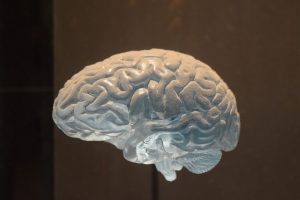
It certainly will not hurt. Many studies claim that one of the benefits of Ginkgo Biloba is that dementia patients have less memory loss when taking this supplement. It helps with blood circulation and alternative medicine incorporates the supplement for its uses.
By aiding our blood flow, especially to the brain, it reduces memory loss.
Thus its benefit is to prevent the progression of dementia symptoms. This is especially true if the dementia is due to atherosclerotic vascular disease.
Anti-aging activities often revolve around making sure we are not in the dementia group. Gingko helps our efforts.
Dosage
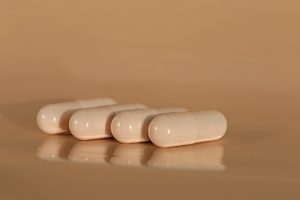
It is touted that another of the benefits of Ginkgo Biloba is to alleviate cognitive decline in older adults. The recommended dosage is 40-120 mg, three times a day. It is best to take it with a meal. Otherwise, you increase the possibility of having an upset stomach.
Caution: You should never ever consume the seeds of the ginkgo tree. It does not matter if they are raw or roasted. They are poisonous!
So here we go again with the flavonoids. Flavonoids are a type of polyphenol. Polyphenols are a type of chemical that is in plants. A primary health benefit is that they are antioxidants that combat cell damage.
The recognized extracts of the ginkgo tree contain 22–27% flavone glycosides and 5–7% terpene lactones. The bottle of the supplement often lists the supplement as having 24% flavonol with 6% terpene. This is the standard amount.
The World Federation of Societies of Biological Psychiatry (WFSBP) recommends 240 mg per day of Ginkgo Biloba. More is definitely not better. Studies have proven that if the herb is taken at the recommended dosage of up to 240 mg per day, there are no relevant interactions and the herb is safe for human consumption.
Try Gingko
Ginkgo will not cure all of your ailments but it may delay some of your symptoms and should be used to help our anti-aging. Heaven knows we all have enough senior moments. But if it reduces them even a little, it is worth the trouble to take the supplement.






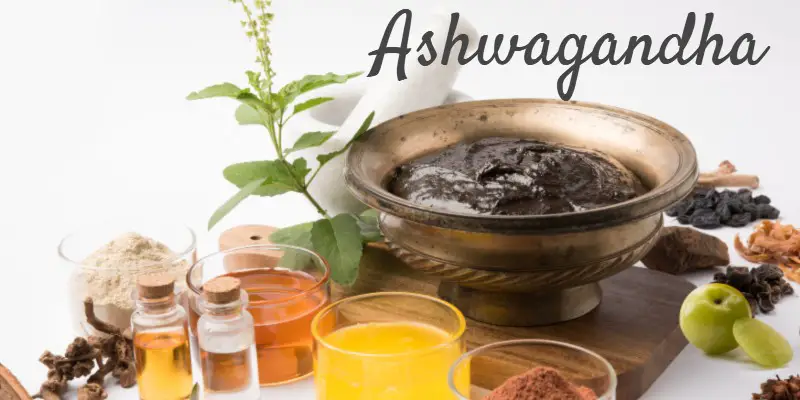
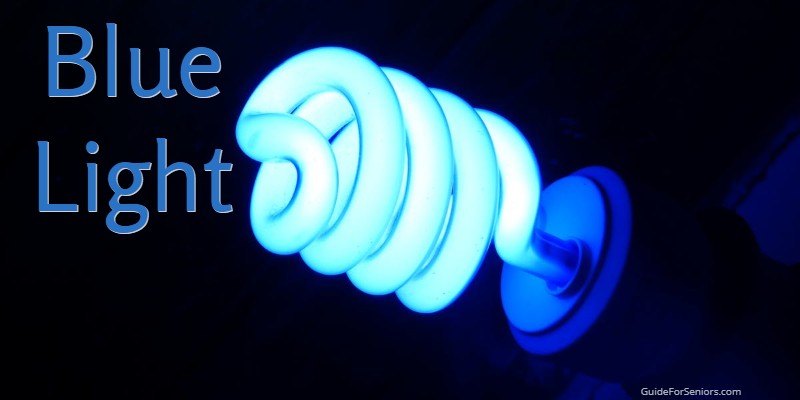

0 Comments